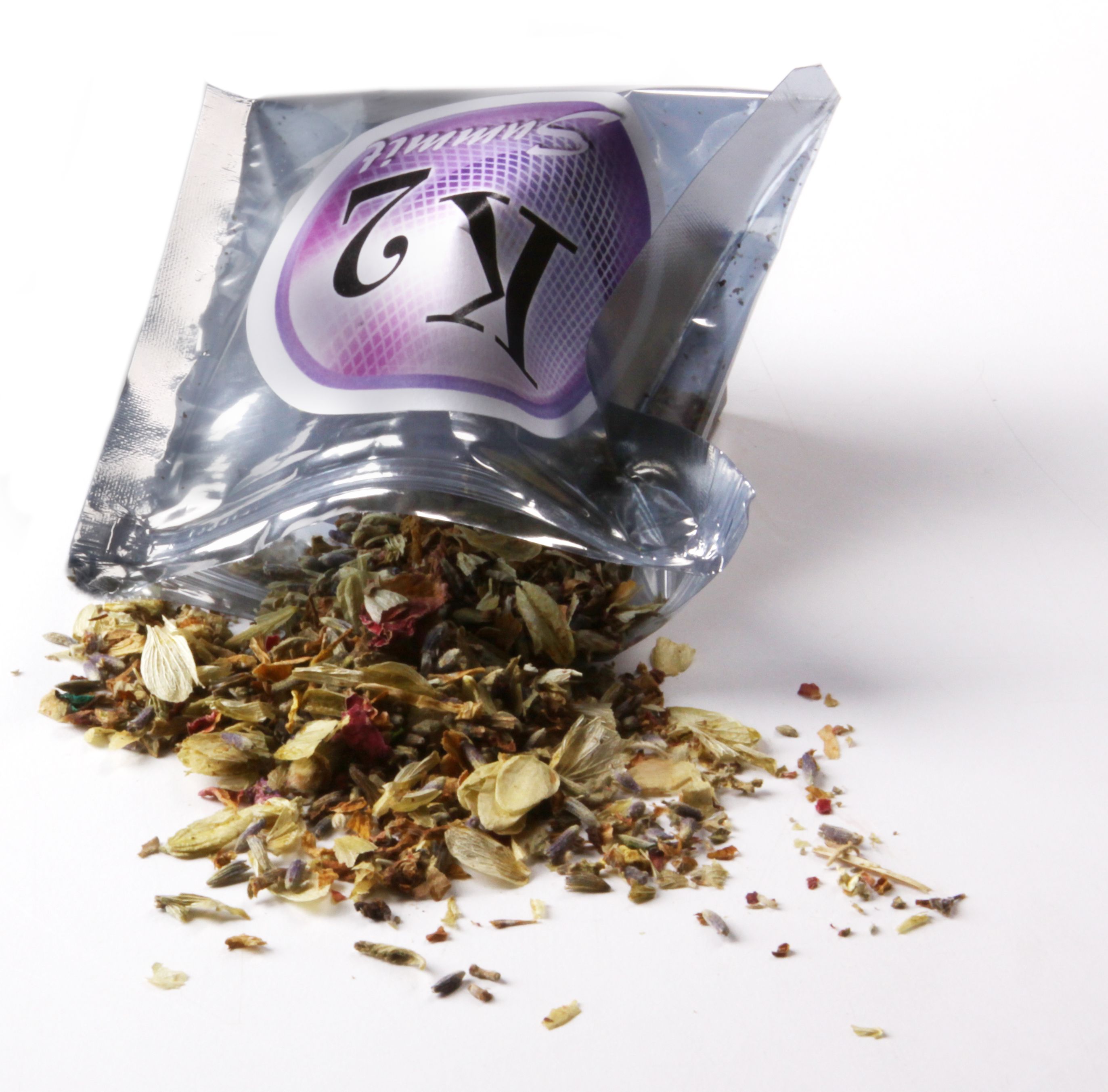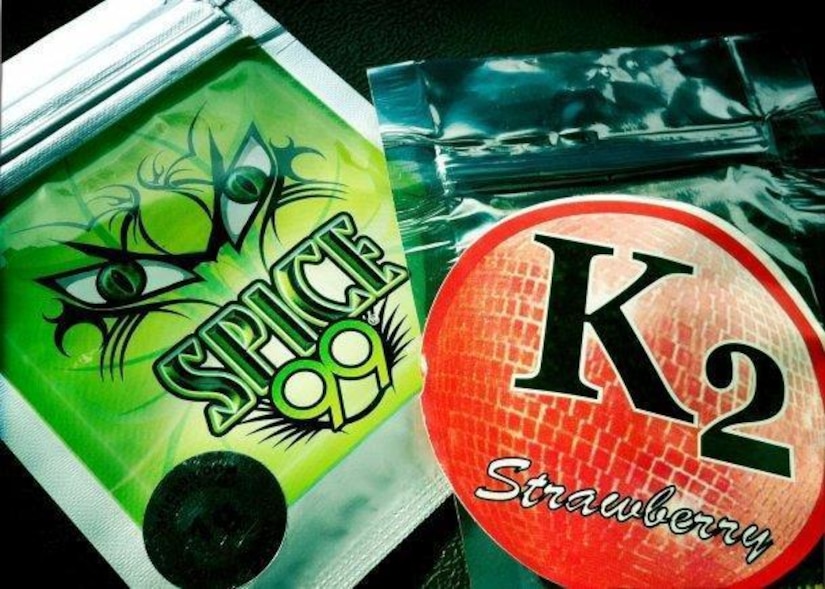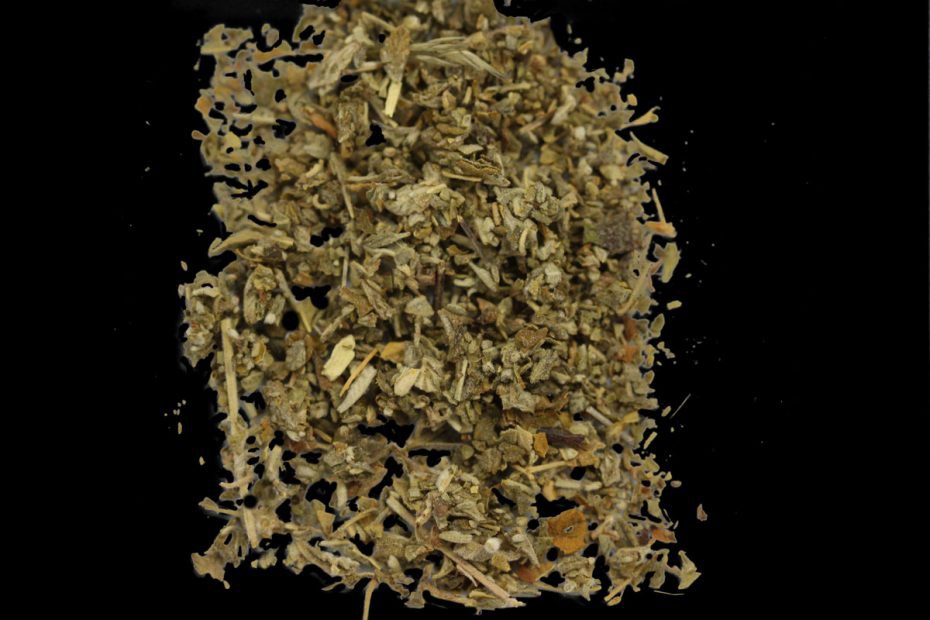Examining the Promising Applications and Positive Influences of Spice as an Artificial Cannabinoid
In recent times, the expedition of synthetic cannabinoids, particularly Seasoning, has sparked appealing discussions within the clinical and scientific communities. The possible applications and impacts of Spice in various healing settings have drawn attention for their unique homes and impacts on the body. As research dives much deeper right into this artificial compound, uncovering its resemblances and differences with natural cannabinoids, a nuanced understanding of its advantages and difficulties emerges. This conversation aims to clarify the promising avenues that Seasoning provides in the realm of health care and wellness, prompting a reevaluation of conventional approaches to cannabinoid-based therapies.
Restorative Possible of Spice
Discovering the healing potential of Spice, an artificial cannabinoid, entails an important assessment of its medicinal residential properties and potential medical applications. Flavor, also referred to as artificial marijuana, communicates with the endocannabinoid system in a way comparable to all-natural cannabinoids, such as those discovered in marijuana. This communication results in numerous physical results that have actually stimulated interest in its therapeutic opportunities.
Studies have shown that Spice might have potential as an analgesic, aiding to reduce discomfort in conditions such as neuropathic pain or chronic inflammatory pain - Buy K2 Paper For Sale. Furthermore, its interaction with cannabinoid receptors provides a chance for discovering its usage in handling symptoms of conditions like multiple sclerosis or chemotherapy-induced nausea or vomiting and throwing up

Discomfort Monitoring Perks
Seasoning, an artificial cannabinoid, shows encouraging possibility hurting administration due to its analgesic residential properties and interactions with the endocannabinoid system. The analgesic homes of Flavor stem from its capacity to regulate pain assumption pathways, supplying alleviation from different kinds of discomfort, consisting of neuropathic, inflammatory, and nociceptive discomfort. By targeting the endocannabinoid system, Flavor can regulate discomfort signals, lower inflammation, and alleviate pain related to persistent pain problems.
Studies have actually revealed that Flavor can efficiently lower pain strength and enhance discomfort tolerance in preclinical designs of discomfort. This synthetic cannabinoid has actually shown efficacy in managing pain signs without triggering substantial adverse impacts typically related to traditional discomfort medications. Additionally, Flavor reveals prospective in lessening opioid dependancy and misuse, offering a more secure official statement choice for pain management.
Neuroprotective Qualities
Artificial cannabinoids like Spice have been increasingly recognized for their prospective neuroprotective residential or commercial properties in reducing neuronal damage and advertising brain health. Research studies suggest that these substances might use neuroprotection through different systems, consisting of antioxidant effects, anti-inflammatory buildings, and modulation of natural chemical release. By connecting with the endocannabinoid system in the brain, artificial cannabinoids can manage neuronal activity and possibly decrease the influence of neurodegenerative diseases or injuries.
One key aspect of the neuroprotective homes of Flavor is its capability to modulate excitotoxicity, a process where too much excitement of neurons leads to cell damages or death. By managing natural chemical launch and dampening excitotoxic signaling pathways, artificial cannabinoids might assist safeguard neurons from dangerous overstimulation. In addition, the anti-inflammatory impacts of Spice could alleviate neuroinflammation, which is frequently linked in various neurological disorders.
Comparative Evaluation With Natural Cannabinoids
In contrasting the neuroprotective buildings of synthetic cannabinoids like Spice with those of all-natural cannabinoids, a nuanced analysis of their corresponding effects on neuronal health and wellness is crucial. All-natural cannabinoids, such as those discovered in the cannabis plant, have been thoroughly researched for their neuroprotective impacts. These substances interact with the endocannabinoid system in the body, which plays an important function in keeping neuronal feature and protecting against neurodegenerative conditions.

Regulative and Honest Factors To Consider
Thinking about the prospective ramifications on human health and wellness and well-being, an evaluation of governing and moral factors to consider surrounding using artificial cannabinoids contrasted to all-natural cannabinoids is critical. Synthetic cannabinoids, like Seasoning, present unique difficulties as a result of their usually unknown chemical compositions and potency variations. Regulative bodies deal with the difficult job of staying up to date with the fast appearance of new synthetic cannabinoid compounds, which can make it hard to implement regular and efficient laws.

To address these regulative and ethical obstacles, policymakers need to prioritize research study into the long-lasting results read review of artificial cannabinoids and establish clear guidelines for their manufacturing, sale, and use. In addition, education campaigns are necessary to educate the general public regarding the risks related to synthetic cannabinoids and advertise accountable usage techniques. By taking proactive actions, culture can much better protect versus the possible injuries positioned by artificial cannabinoids while maintaining ethical requirements and shielding public health and wellness.
Final Thought
In conclusion, the examination right into the restorative capacity of spice as a synthetic cannabinoid has revealed encouraging outcomes in discomfort administration and neuroprotection. Generally, the positive impacts of spice as an artificial cannabinoid warrant further research study and expedition in the medical field.